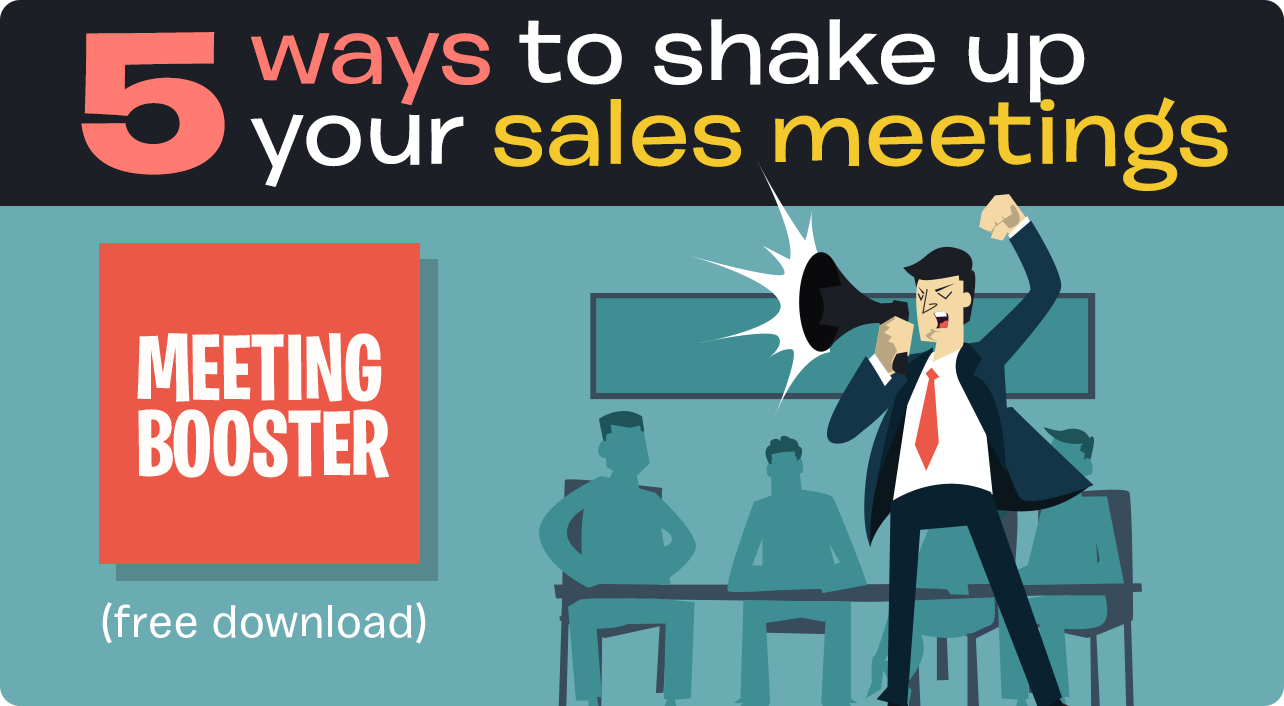- sales
- Blog post
Four strategies to boost the perceived value of your sales presentations
One million dollars! That’s what clients paid one accounting firm to hear a presentation on a plan for avoiding millions of dollars in taxes on their capital gains.
It’s not often that customers are willing to pay for the privilege of getting sold to. Especially when the customers themselves are accountants – the selfsame people who never saw an expense they liked.
So what did it take to get these hard-nosed buyers to cough up cash for a mere proposal? They were willing to do that because they perceived the sales team as a valuable asset.
Getting them to listen
You may never be able to charge for your sales presentations. But you’ll vastly increase your customers’ willingness to listen to them if you can increase the perceived value of your presentation.
Not just the value of what you’re selling; the value of the presentation in and of itself.
How can you do that? By making sure that all your words and actions demonstrate the following:
“I know how your company makes money.” Your customers expect you to know plenty about their business, their customers, their processes and their problems before you take up their time. Some activities and processes are mission critical to the company’s financial success. Others are not. You need to know exactly what really matters. Check your customer’s website. Examine any financial information you can find. Call and ask their receptionists to send you company brochures. Ask company insiders what’s working and what isn’t. Your goal: seek out information that can help you determine how you can impact the company’s bottom line.
“I see your business from your perspective, not mine.” Put yourself in your customers’ shoes. What problems are they facing? What opportunities? How can you bring them something that will simplify their jobs, help them overcome their problems or reduce the amount of time they have to spend on a project?
“I am your search engine.” Strive to be the customer’s most trusted and most knowledgeable resource – the customer’s source of information, not just about your product but about the whole category of things that you sell, their applications, and their advantages and problems. Share information that’s bigger than just the specific product or service you sell. If you can do that you’ll achieve “expert” status in your customers’ judgment. They’ll begin looking for your guidance in solving problems as they encounter them.
“I make you think in new ways about your business.” In other words, get out in front of your customers. They’re immersed in the business as it is — it’s hard for them to see beyond it. Show them a new path.
Source: Dave Kahle, www.davekahle.com

Get a demo of all our training features
Connect with an expert for a one-on-one demonstration of how Rapid Learning can help develop your team.




2 Comments
“I see your business from your perspective, not mine” — always an important, and often overlooked, consideration. Great post!
“I see your business from your perspective, not mine” — always an important, and often overlooked, consideration. Great post!